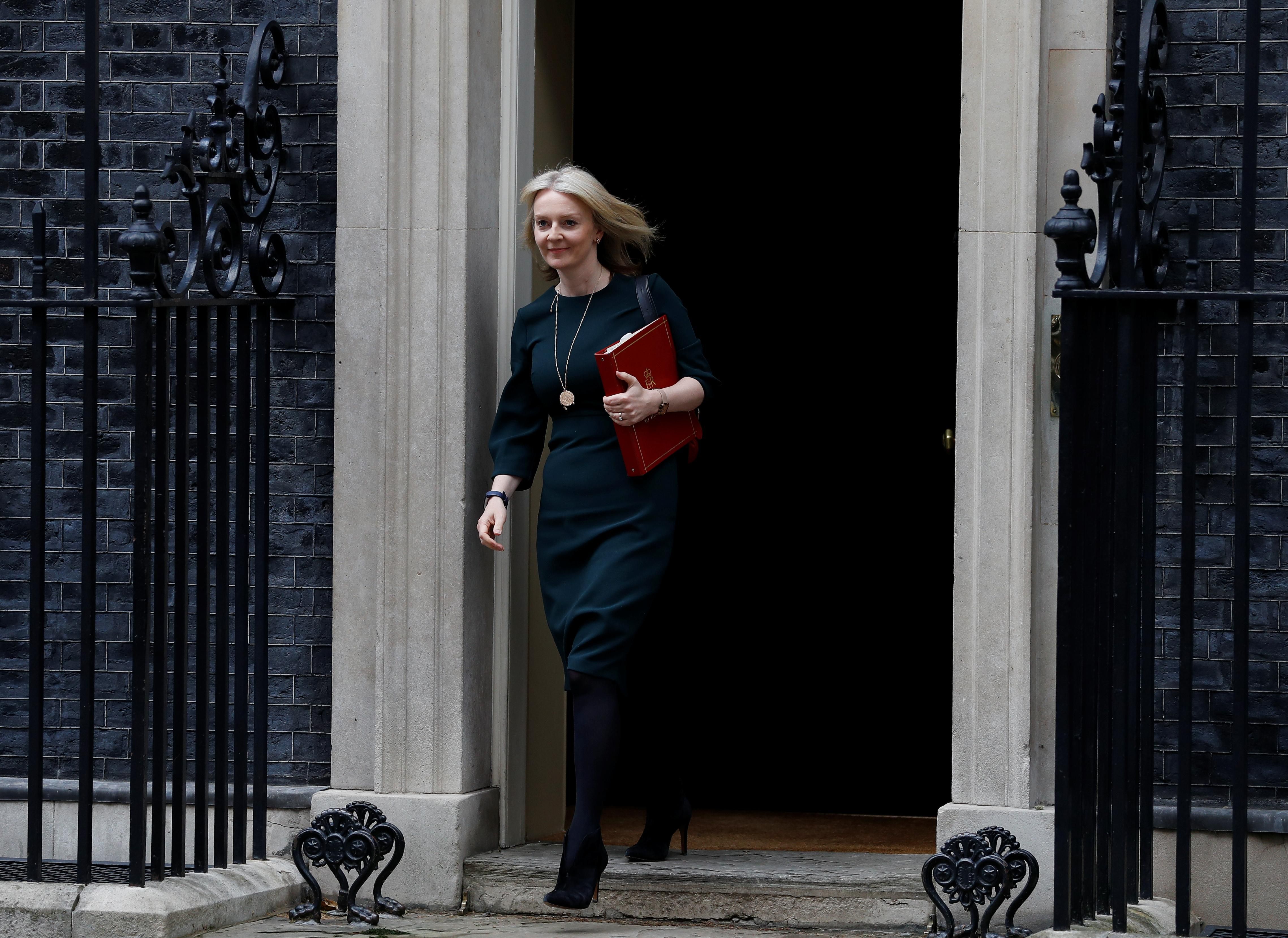October 14, 2022
On Friday, UK Prime Minister Liz Truss relieved Chancellor of the Exchequer Kwasi Kwarteng only 38 days into his tenure, replacing him with former Health and Foreign Secretary Jeremy Hunt. In a briefing after the decision, Truss said she would raise the corporate tax rate — reneging on a promise not to do so — by £18 billion ($20 billion) and admitted that her budget “went further and faster than markets were expecting.” Her announcement triggered a sell-off in the gilt market, as yields on long-term UK government bonds rose sharply, with more trouble expected on Monday. Analysts and traders assessed that the measures were not enough. The turmoil began three weeks ago, when now-sacked Chancellor Kwarteng led the new government’s charge to promise tax cuts without a plan to fund them, which sent the pound tumbling and the markets into a tizzy, leading to global criticism against Truss and her cabinet. Hunt, the new man in and an anti-Brexit “remainer,” has a tough gig ahead: he’s not just following the shortest chancellorship since 1970, or managing the reversal of the tax-cut plan to calm the markets – which had already anticipated the U-turn — but he’s also got to deal with a boss who's trying to keep her own job. Eurasia Group’s lead Europe analyst Mujtaba Rahman says that more than two dozen Tory MPs — including some of Truss’s original supporters — are planning to remove her from office before 2023. When asked today why she’s not resigning, Truss said: “My priority is making sure we deliver the economic stability that our country needs.”
More For You
- YouTube
In this Quick Take, Ian Bremmer addresses the killing of Alex Pretti at a protest in Minneapolis, calling it “a tipping point” in America’s increasingly volatile politics.
Most Popular
- YouTube
Who decides the boundaries for artificial intelligence, and how do governments ensure public trust? Speaking at the 2026 World Economic Forum in Davos, Arancha González Laya, Dean of the Paris School of International Affairs and former Foreign Minister of Spain, emphasized the importance of clear regulations to maintain trust in technology.
- YouTube
Will AI change the balance of power in the world? At the 2026 World Economic Forum in Davos, Ian Bremmer addresses how artificial intelligence could redefine global politics, human behavior, and societal stability.
Ian Bremmer sits down with Finland’s President Alexander Stubb and the IMF’s Kristalina Georgieva on the sidelines of the World Economic Forum to discuss President Trump’s Greenland threats, the state of the global economy, and the future of the transatlantic relationship.
© 2025 GZERO Media. All Rights Reserved | A Eurasia Group media company.
